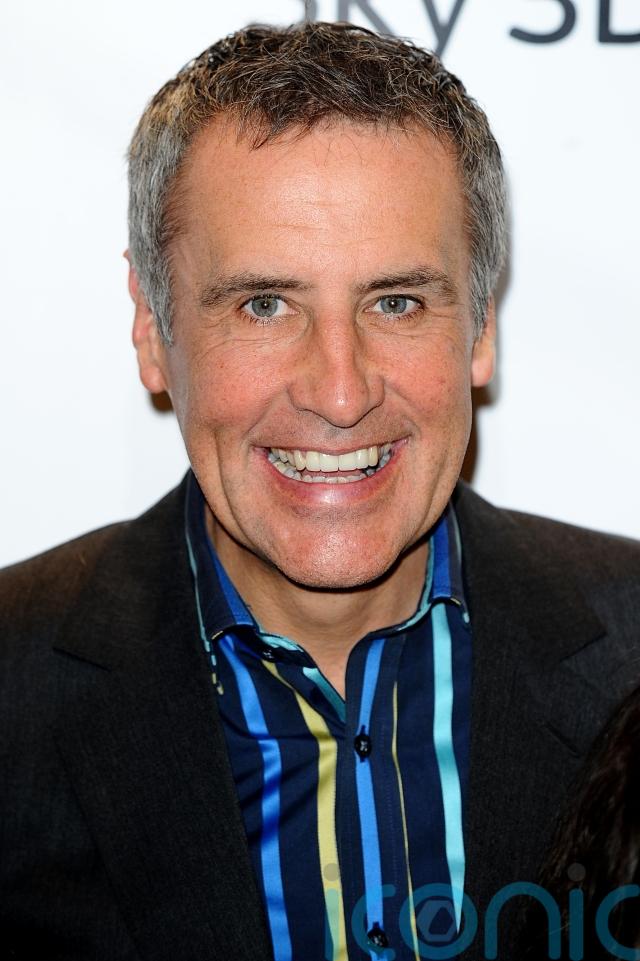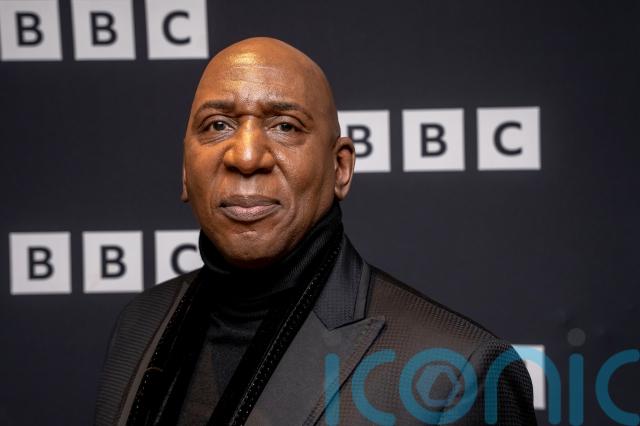
Sir Tony Robinson and journalist Dermot Murnaghan have said they are “disappointed” at a decision not to recommend screening all men for prostate cancer.
Blackadder star Sir Tony spoke in 2023 about his diagnosis, and former Sky News anchor Murnaghan revealed his stage four prostate cancer diagnosis this year.
Former footballer Les Ferdinand and actor Colin McFarlane also shared their disappointment at the decision. McFarlane said people “deserve so much better than this”, with black men being at higher risk of prostate cancer.
The UK National Screening Committee (UKNSC) said in a draft recommendation that men with a known genetic risk should be screened for prostate cancer every two years, but population-wide testing was not recommended because of the “harms” of overdiagnosis.

Sir Tony, 79, who starred as Baldrick in Blackadder, said: “I’m bitterly disappointed. Getting an early diagnosis for prostate cancer could save your life, but we still have no screening programme for it in the UK.
“I was lucky I found my cancer early, but nearly 10,000 men a year are diagnosed too late for a cure and that’s just not right.
“I’ve been working with Prostate Cancer UK to speak up about this disease, telling men they’re at risk and dispelling worries about testing, like the dreaded finger which you actually don’t need to test for prostate cancer.
“But we need the responsibility to do something to not rely entirely on men knowing about this disease that no one really talks about.
“We need a cunning plan to sort this out, so I’m glad the Transform trial which will get us a screening programme that invites all men at risk for a test is now under way, and I can’t wait to see what the science tells us in two years’ time”
Launched by Prostate Cancer UK last week, the Transform trial will look into whether combining PSA with other tests, such as rapid MRI scans, could lead to a recommendation for population-wide screening.
Broadcaster Murnaghan, 67, added: “With prostate cancer cases higher than they’ve ever been, and the disease dominating the national conversation, I really thought we were heading to an exciting moment here.
“I’m so disappointed that the committee has decided not to recommend screening – it felt about time progress was made for men.
“Finding out I had incurable prostate cancer was devastating, but I’m heartened by all the support I’ve received, support which has emboldened me to do my bit to help save lives, mainly by encouraging men to find out their risk and get checked out early.
“Despite this moment not being what we’d hoped, I will keep fighting until we start to turn the tide on prostate cancer.”

Sir Stephen Fry, who is a Prostate Cancer Research ambassador and revealed in 2018 he had undergone surgery after being diagnosed with prostate cancer, was also among those reacting to the decision.
He said: “I’m deeply disappointed by today’s news. Men in the UK deserve so much better. Prostate cancer remains the second biggest cancer killer of men in this country, with more than 12,000 dying every year.
“The only way we will make a dent in that appalling statistic is by catching prostate cancer early, before symptoms appear – and the best way to do that is through a screening programme. I hope the country sees sense.”
McFarlane, who was diagnosed with the disease along with his brother, went on to say black men “urgently need the Government to take action and overhaul outdated NHS guidelines” to allow GPs to “proactively” contact them about a blood test from the age of 45.

Former Newcastle United striker Ferdinand, 58, whose grandfather died of the disease, added: “I’ve seen members of my family survive prostate cancer, because their cancer was found in time.
“Without a national screening programme, the responsibility to find prostate cancer early and in time for a cure rests entirely on men’s shoulders, and it shouldn’t be this way.
“Black men are at double the risk of prostate cancer and twice as likely to die, and something has to be done.
“It’s unacceptable that outdated guidelines mean GPs can’t talk to black men about their risk despite it being so high, and I’m backing Prostate Cancer UK’s call to change that whilst we wait for the evidence to be there to support screening.”
It comes after former Conservative prime minister David Cameron revealed earlier this week that he had been treated for prostate cancer.
Former prime minister Rishi Sunak, who in February was announced as a Prostate Cancer Research ambassador, said: “The committee’s recommendation is deeply disappointing. This is a missed opportunity to make a generational difference to male health, and to take a massive step towards tackling the most common cancer among British men.
“I applaud all those who have spoken out in support of a targeted screening programme for prostate cancer. I can assure them that the campaign goes on, we will not give up. No family should lose a father, a brother or a son unnecessarily”.
Subscribe or register today to discover more from DonegalLive.ie
Buy the e-paper of the Donegal Democrat, Donegal People's Press, Donegal Post and Inish Times here for instant access to Donegal's premier news titles.
Keep up with the latest news from Donegal with our daily newsletter featuring the most important stories of the day delivered to your inbox every evening at 5pm.